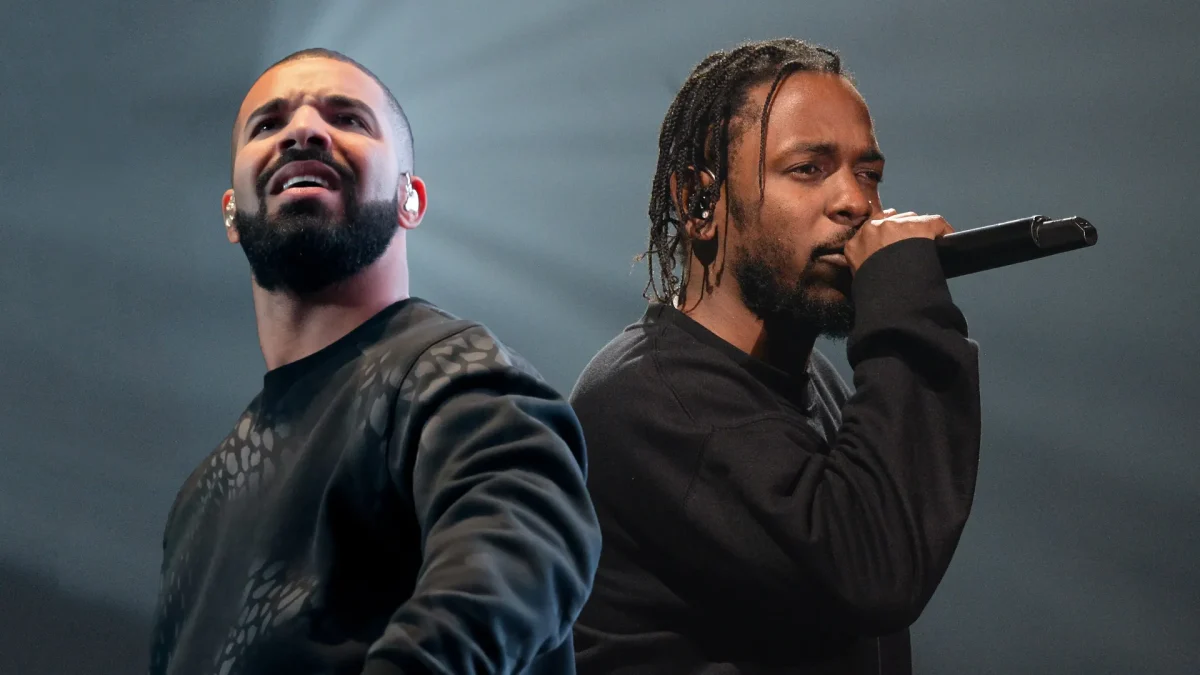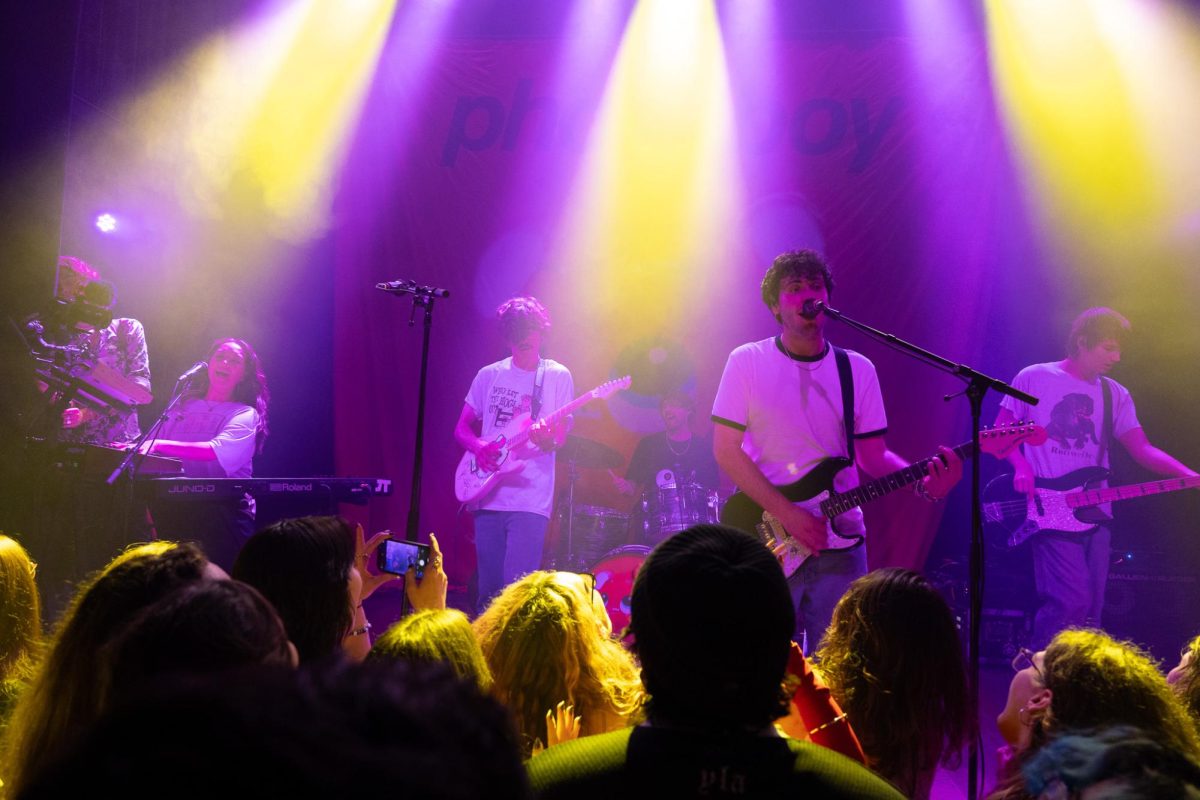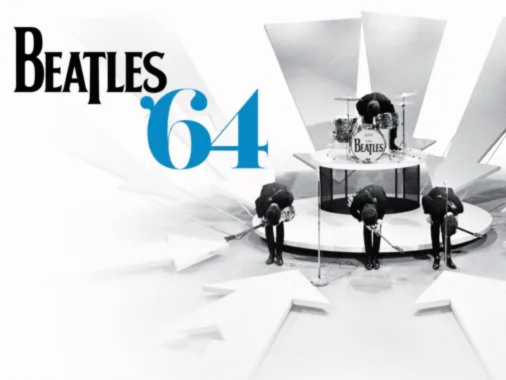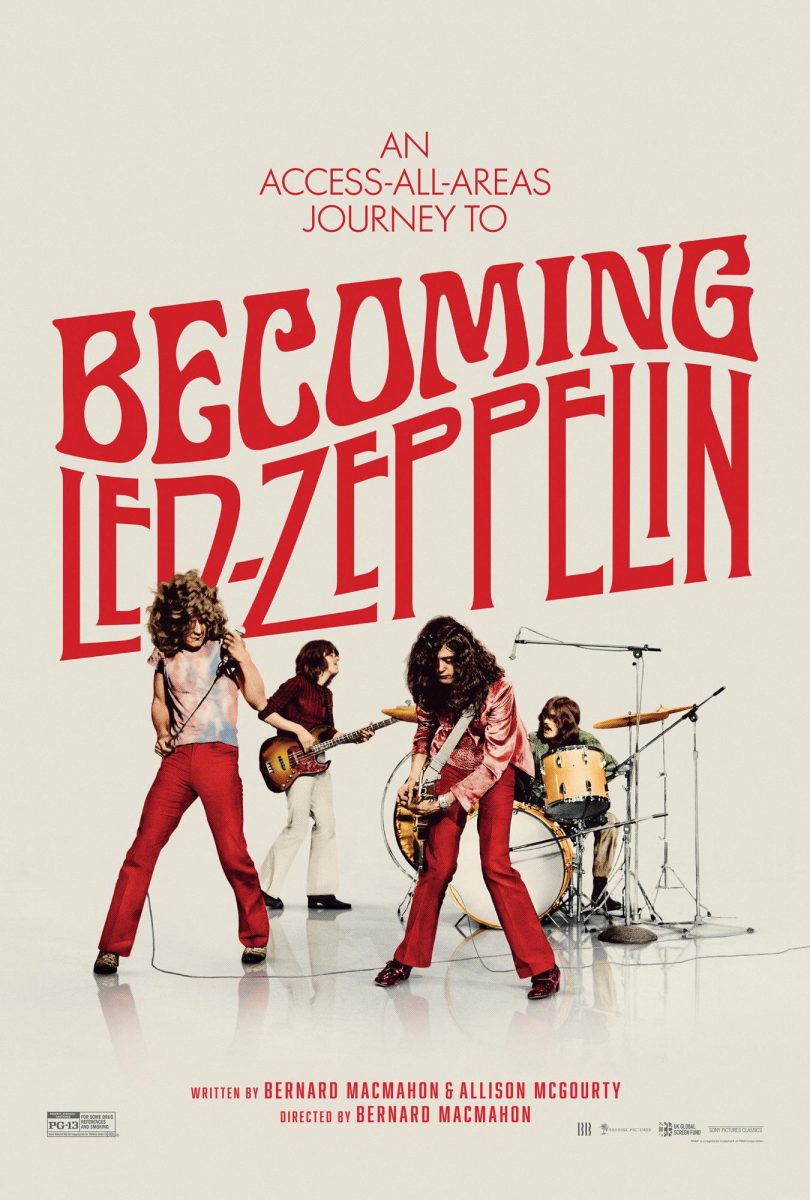In recent weeks, Compton native and Pulitzer Prize-winner Kendrick Lamar, who is arguably regarded as one of the best rappers of all time, and Toronto-native Aubrey “Drake” Graham, who is considered the most successful artist of this generation, have made headlines across social media after dropping multiple diss records that consisted of severe accusations against each other. The decade-long beef between the two has been ignited on a large scale, forcing fans to pick a side and highlight why their preferred side is superior.
After going back and forth with subliminal sneak disses towards each other since 2013, Lamar returned to the rap scene after making a surprise appearance on Future and Metro Boomin’s “We Don’t Trust You” collaboration album released on March 22. Lamar was featured on the track “Like That” and threw direct shots at Drake as a response to his “First Person Shooter” track that featured Jermaine Cole, who is regarded as one of the top three lyrical artists of the generation. Throughout their track, Drake and Cole highlighted that they believe that they are the two best in the rap game and claimed that there is a “big three,” which refers to the best three artists in the rap genre, between Lamar, Drake and Cole.
On “Like That”, Lamar completely dismisses the idea of a “big three” by stating, “Motherf**k the big three, N**ga it’s just big me.” Lamar then focuses on Drake individually stating, “Ni**a, Prince outlive Mike Jack/ Ni**a, bum/ ‘fore all your dogs gettin’ buried/That’s a K with all these nines, he gon’ see Pet Sematary.”
A couple of weeks after, Cole released his “Might Delete Later” EP and responded to Lamar’s track by claiming Lamar had lost his touch on the rap game by criticizing his latest album release and comparing it to his past releases. On the track “7 Minute Drill,” Cole states, “Your first shit was classic, your last shit was tragic/your second shit put niggas to sleep, but they gassed it/your third shit was massive and that was your prime.” Two days after its release, Cole apologized to Lamar at his annual record label’s Dreamville Festival performance claiming his diss towards Lamar “didn’t sit right with my spirit.” The track has since been removed from all streaming platforms.
On April 19, Drake kicked off the official rap battle against Lamar after officially releasing “Push Ups,” which served as a response towards Lamar and a variety of other artists such as Metro Boomin, Future, The Weeknd and Rick Ross, who each had their own individual problems with Drake in the past. Drake’s diss targeted Lamar by accusing him of featuring on songs with pop stars like Taylor Swift and Maroon 5 because he was forced by Lamar’s Top Dawg record label’s chief executive officer Anthony Tiffith. Drake also teased Lamar for his 5’5 height and claimed Lamar was teaming up with other artists just to go at him.
Drake then quickly followed up with a “Taylor Made Freestyle,” which was released through Instagram that teased Lamar by featuring AI versions of West Coast icons Snoop Dogg and Tupac. The track consisted of the AI-generated artist talking down on Lamar and displaying their disappointment with him for not representing the West Coast as much as he should.
After 11 days, on April 30, Lamar responded with “Euphoria,” which served as Lamar’s first dedicated diss record towards Drake. On May 3, Lamar dropped an early morning release track “6:16 in L.A” where Lamar alludes to the idea that he has disloyal members of Drake’s label OVO working for him and threatens to drop harmful information that could damage Drake’s public image.
Later that evening, Drake dropped “Family Matters” where Drake calls out that Lamar allegedly beat his wife and claims that Lamar’s family situation is not what it seems in the public eye. Drake also highlights the idea that one of Lamar’s children could be former Top Dawg record label president Dave Free’s child. Moments after, Lamar follows with “Meet the Grahams,” which consists of pedophilia accusations and being a deadbeat father to his alleged daughter. Throughout the track, Lamar showcases his artistry by dedicating the track to directly speaking to Drake’s closest people in his life and warning them to stay away from him. Lamar speaks to Drake’s son Adonis, his mother Sandra and his newly-revealed, unnamed daughter.
The following day, Lamar released “Not Like Us” and continued to accuse Drake of being a pedophile and highlighted Drake’s connections with younger girls throughout his career.
Since releasing the track has broken a variety of streaming records including surpassing Drake’s “Girls Want Girls” record for the biggest streaming day in Spotify history with 12.8 million streams. The song also became the most streamed song in an opening week ever on Spotify with 55.3 million streams and is now projected to be Billboard’s Top 100 number-one song.
The next day, Drake mocked Lamar with the release of “The Heart Part 6” by using Lamar’s “The Heart Part” series title against him and claimed that he planted fake information about him having a hidden daughter to bait Lamar into using it for his diss records.
Although the rap game has been split into two sides with fans of both parties debating on whose diss was more impactful and relevant, Lamar’s artistic and strategic performance through all of his released diss tracks has placed him in a great position to be considered the public winner of the battle. In the opinion of Adam Belmares, I believe Lamar won the beef by using Drake’s past tactics in previous beefs against Drake and utilizing them in ways he should’ve to win the battle.
The first three diss tracks displayed Lamar’s well-respected lyricism along with his strategic decision to select simple and slow beats to allow listeners to focus on the context of the songs rather than the percussion aspect. After dropping back-to-back diss tracks without a response from Drake, Lamar utilized Drake’s previously used tactic of dropping a surprise diss record shortly after dropping another one to cause the other person to lose momentum in the public eye. This tactic was used by Drake in 2015 during his feud against Philadelphia native Meek Mill.
After dropping “Meet the Grahams”, Drake changed the people’s view on the impact of Lamar’s track by claiming that he planted fake information on purpose to mislead Lamar into thinking he had valuable information. With the possibility of being fed fake information by Drake’s camp, Lamar dropped “Not Like Us” as a possible recovery record that included a California-type beat produced by DJ Mustard that has resulted in the public crowning Lamar as the winner of the feud. Although Drake is known for being arguably the best hitmaker and artist of this generation, Lamar beats him at his own game by releasing “Not Like Us”, which has become a hit record and is breaking a variety of streaming records previously held by Drake.
As a result, the hit record makes it difficult for Drake to respond after Lamar created an “OVHOE” chant, mocking Drake’s OVO label. The chant along with California-inspired dances has been circulating throughout social media since its release and has placed Drake in a position that no one saw he would be in.
If Drake’s statement of giving Lamar fake information about his unrevealed daughter is true, Drake could arguably be making one of the best rap battle moves in history by discrediting Lamar, resulting in fans losing trust of what Lamar will say in future songs. On the other hand, Lamar’s decision to reveal Drake’s alleged hidden daughter led to both Lamar and Drake fans believing in the idea due to Drake having a past when it comes to hiding the fact that he had a child, which was revealed by rapper Pusha T in 2018. Lamar’s highly praised credibility by the rap game allowed him to manipulate fans of both sides into questioning Drake and criticizing his character.
The Kendrick Lamar-Drake rap beef marks the end of a decade-long feud that began slowly, with subliminal shots, and developed into an epic battle that will be remembered for years to come.
Muhammad Ali vs. Joe Frazier, Batman vs. Superman, Red Sox vs. Yankees, Tupac vs. Biggie – these mark some of the greatest rivalries in our history, both fiction and nonfiction. It may seem like hyperbole to place Drake and Kendrick Lamar’s feud on this list, but their battle is colossal with respect to its own industry.
Drake has dominated music charts for decades, and the versatility he has shown throughout his discography has led to a massive following and a level of commercial success that is rarely seen. On the other hand, Kendrick’s ability to tackle deep social issues and inspire artists and audiences to engage with music on a deeper level cannot be understated. His cultural reach is visible through his passionate fanbase and his winning of the Pulitzer Prize, which no rapper has ever won.
Now, the beef has likely reached its conclusion, marked by an Instagram story uploaded by Drake that read “Good times. Summer vibes up next.” With Drake appearing to turn the page on the rap beef, it is up to the public to determine the winner.
In the opinion of co-writer Gabe Parker, I believe Lamar to be the winner of the battle for a few reasons. The goal of a rap beef is to cut your opponent so deep that they cannot recover, all while doing so in the form of catchy, hard-hitting rap songs. At first, Drake appeared to have a slight edge on Lamar during the first few diss tracks of the feud.
“Push-ups”, “Taylor Made Freestyle” and “Family Matters” were arguably stronger than any of Kendrick’s first two disses in terms of lyrical bite, flow and overall catchiness of the tracks. But then Lamar dropped the one-two punch of “Meet the Grahams” and “Not Like Us” and sealed Drake’s fate.
“Meet the Grahams” is Lamar at his best. Over a sinister, almost harrowing-sounding beat, Lamar speaks to each of Drake’s family members, apologizing to his son that Drake is his father, berating his parents for failing to raise Drake properly, empathizing with Drake’s supposedly hidden daughter and finally, insulting Drake on a level that felt borderline hateful while listening.
Even putting aside the pedophile and forgotten daughter allegations that Drake later denied, the lyrics of “Meet the Grahams” cut far deeper than any of Drake’s tracks did. The song challenges Drake’s integrity, genuineness and overall character, with each line and verse building upon the next, resulting in a methodical gutting of the entire persona of Drake.
“Crave entitlement, but want to be liked so bad it’s puzzlin’”, “Take that mask off, I wanna see what’s under them achievements/why believe you? You never gave us nothin’ to believe in” and “Fuck a rap battle, this a long life battle with yourself,” are just a few examples of lines so brutal and spiteful that they floored me upon my first listen.
Then, directly refuting Drake’s claim that Lamar cannot make hit songs as he can, Lamar dissed Drake over a catchy West Coast beat on his track “Not Like Us,” where Lamar doubles down on the claims he previously made on “Meet the Grahams.” The track’s success speaks for itself: the most streamed song in an opening week ever on Spotify and projected to be Billboard’s Top 100 number one song, and has established itself as an anthem across the world in a few short days.
Regardless of who you believe to be the winner, the Drake-Kendrick Lamar rap battle marks a monumental moment in music and cultural history, where audiences were treated to a front-row seat to a battle of two of the greatest musicians of our time.













